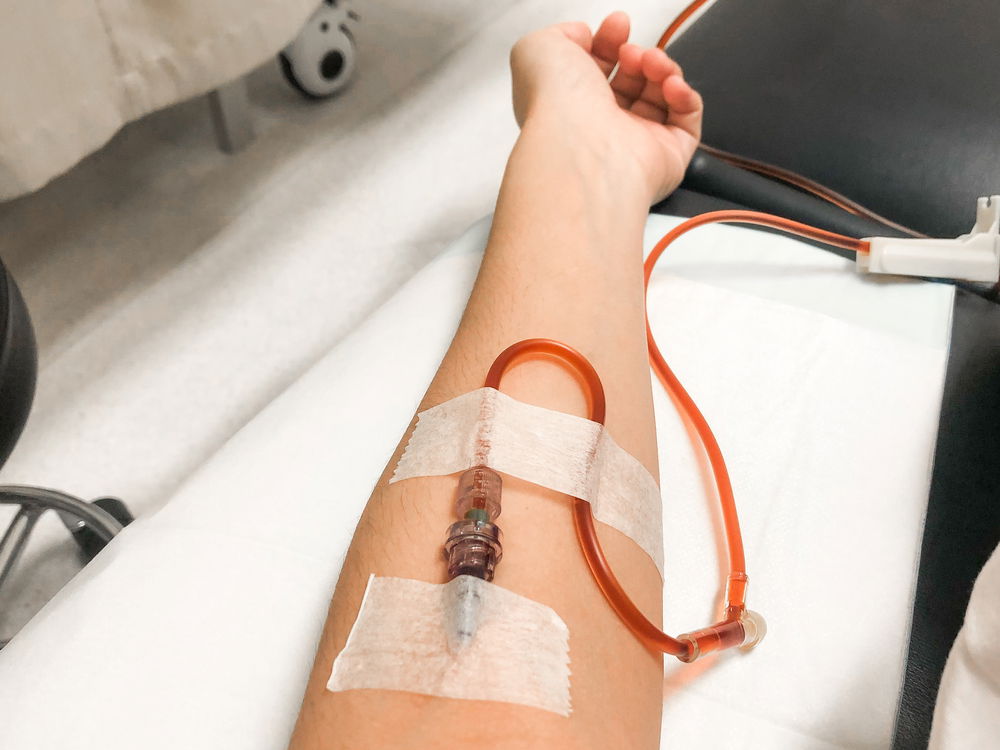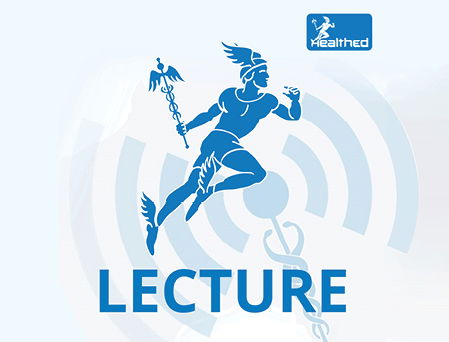Podcasts / Hypophosphataemia associated with IV iron infusions – Should we be concerned? – Lecture
Save


0 hours
These are activities that expand general practice knowledge, skills and attitudes, related to your scope of practice.
0 hours
These are activities that require reflection on feedback about your work.
0 hours
These are activities that use your work data to ensure quality results.
Educational Activities (EA)
These are activities that expand general practice knowledge, skills and attitudes, related to your scope of practice.
Reviewing Performance (RP)
These are activities that require reflection on feedback about your work.
Measuring Outcomes (MO)
These are activities that use your work data to ensure quality results.
In this Healthed lecture, Prof Lawrence McMahon covers iron metabolism, IV infusions, and hypophosphataemia. Clinicians should remain alert to the possibility of hypophosphatemia, particularly in those who have IV iron regularly. It appears to be more common with certain IV iron preparations. Suspect it if your post-infusion patient complains of symptoms such as weakness, bone pain, or a change in mental state. In such patients, serum phosphate should be measured and hypophosphatemia corrected. Consideration should also be given to the use of alternative IV iron products in patients who have risk factors for or a history of hypophosphatemia.

Autism Spectrum Disorder – Managing Challenging Behaviours

Paediatric Allergic Rhinitis & Immunotherapy

Premature Ovarian Insufficiency – The New Guidelines

Alcohol Addiction Assessment and Advice

expert
Nephrologist; Executive Clinical Director, Specialty Medicine at Eastern Health Clinical School
Browse the latest podcasts from Healthed.
You have completed the Educational Activities (EA) component of this activity.
Select ‘Confirm & claim CPD‘ to confirm you have engaged with this activity in its entirety and claim your CPD.
You will be taken to explore further CPD learning available to you.
